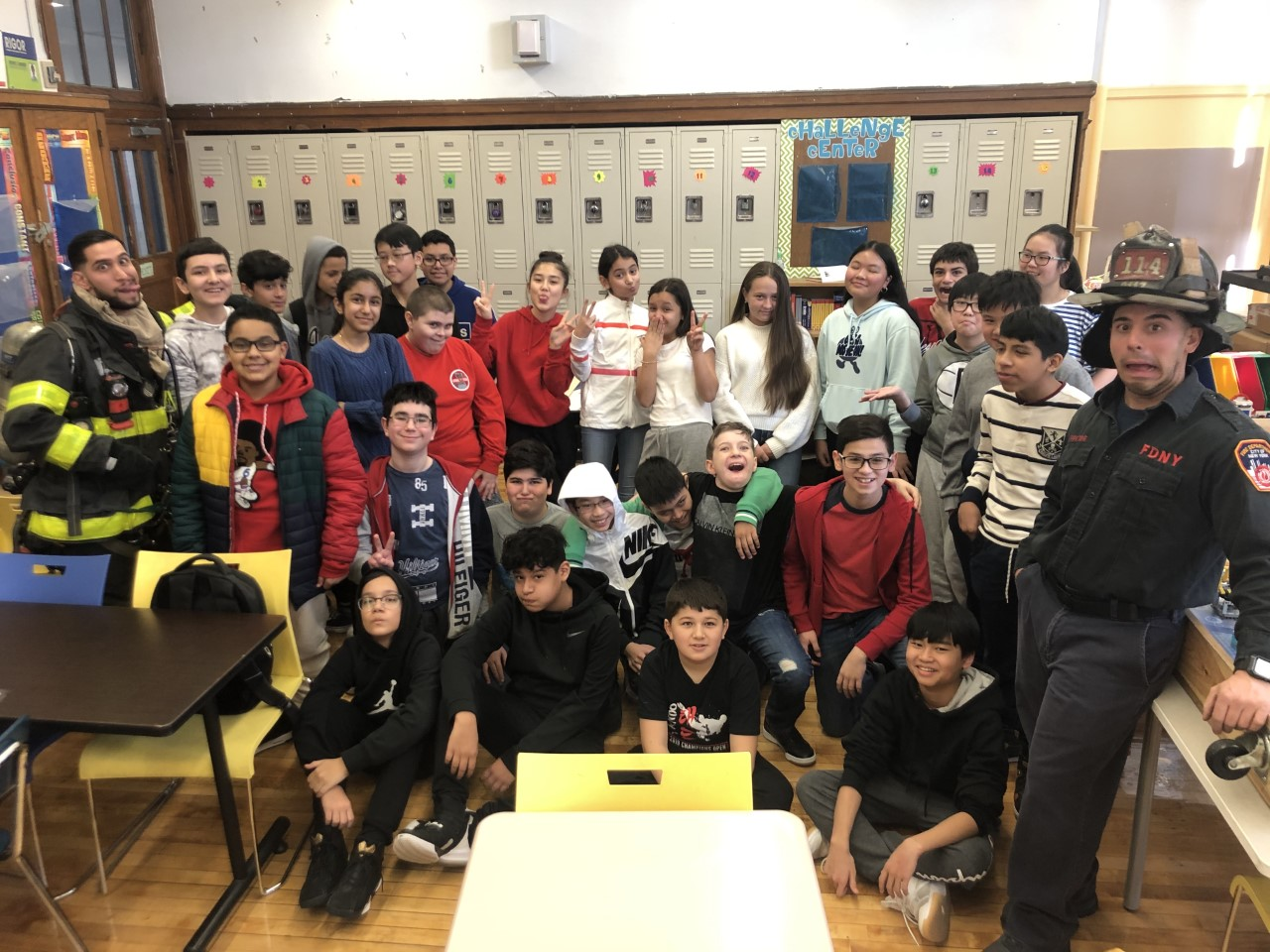Robotics
Description
The Robotics Magnet at David A. Boody Middle School is a hands-on, three-year program where students explore the exciting world of robot design, engineering, and programming. Using LEGO EV3 MINDSTORMS software and hardware, students build and code robots while learning how to apply concepts from physics, math, mechanical design, and environmental science.
In addition to developing technical skills, students work in teams to solve real-world problems by following the FIRST Core Values, which emphasize teamwork, respect, and innovation. As students grow in confidence and ability, they begin to create their own solutions and designs, preparing them for careers in STEM and beyond.
Grade 6: Introduction to Robotics & Engineering
-
Learn the basics of robot design and construction using LEGO EV3 kits
-
Understand the functions of motors, gears, sensors, and programming blocks
-
Explore key science and engineering concepts including motion, force, and energy
-
Introduction to programming logic through block-based coding
-
Collaborate on simple robot challenges
-
Begin learning the FIRST Core Values, with a focus on teamwork and inclusion
Grade 7: Programming & Innovation
-
Deepen programming knowledge using more complex coding blocks and sequences
-
Explore the integration of multiple sensors and motors for task automation
-
Tackle intermediate design challenges requiring testing and iteration
-
Apply math and science concepts to improve robot performance
-
Participate in team-based problem-solving activities modeled after real-world scenarios
-
Emphasis on communication, research, and respect for others’ ideas
Grade 8: Advanced Robotics & Real-World Application
-
Design, build, and code robots to complete advanced missions
-
Engage in self-directed innovation projects using the engineering design process
-
Explore data collection and analysis through sensors and real-time feedback
-
Learn how to improve code efficiency and robot design
-
Participate in mock robotics competitions and STEM showcases
-
Apply FIRST Core Values in full: discovery, innovation, impact, and fun
Skills Developed
-
Engineering Design & Problem Solving
-
Programming Logic & Computational Thinking
-
Collaboration, Leadership, & Communication
-
Creativity, Innovation & Research
-
Real-World Application & Project Management
This program prepares students to be future engineers, coders, and innovators by fostering curiosity, collaboration, and critical thinking. Students also have opportunities to share their work at events like STEAM Night and robotics showcases.



